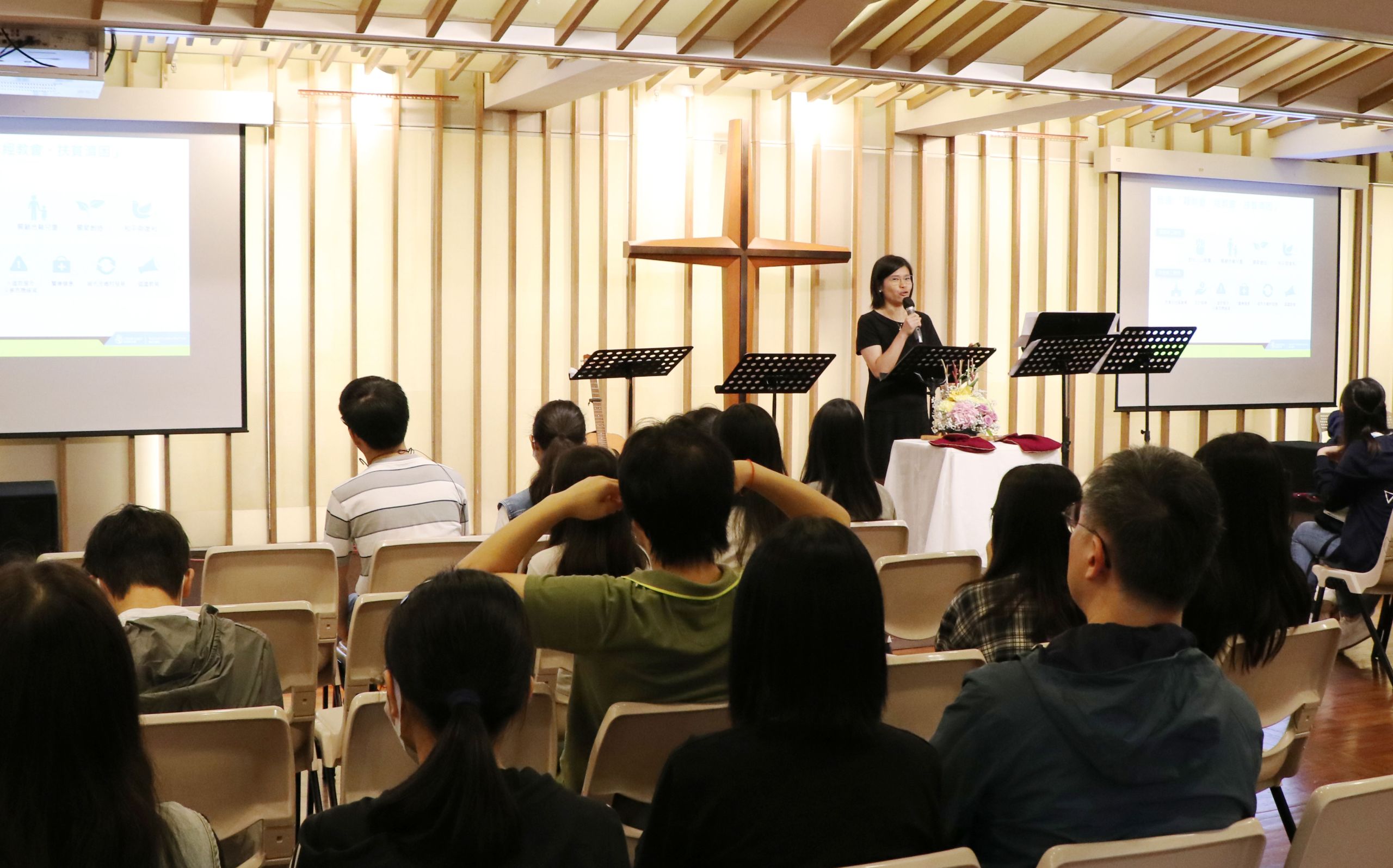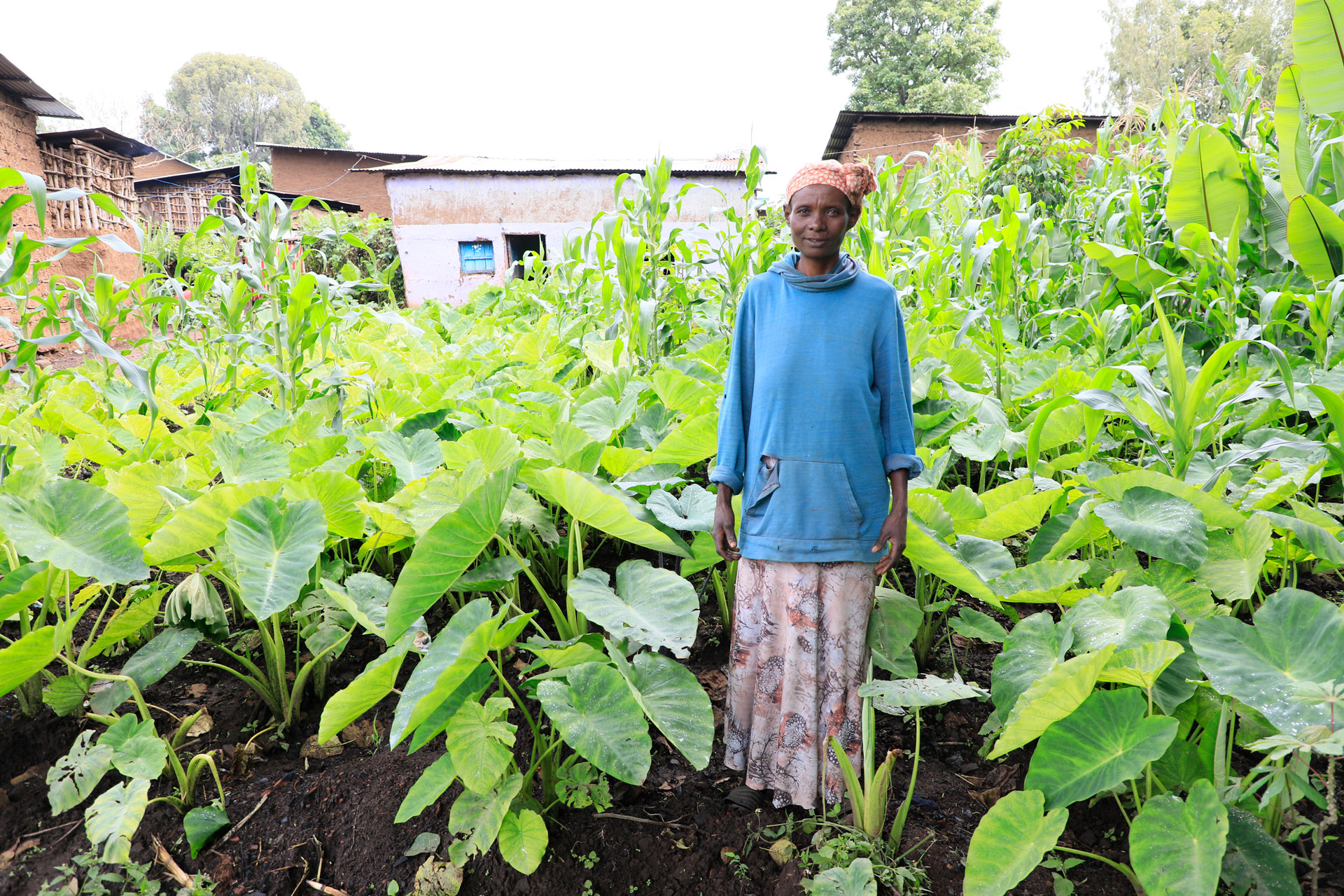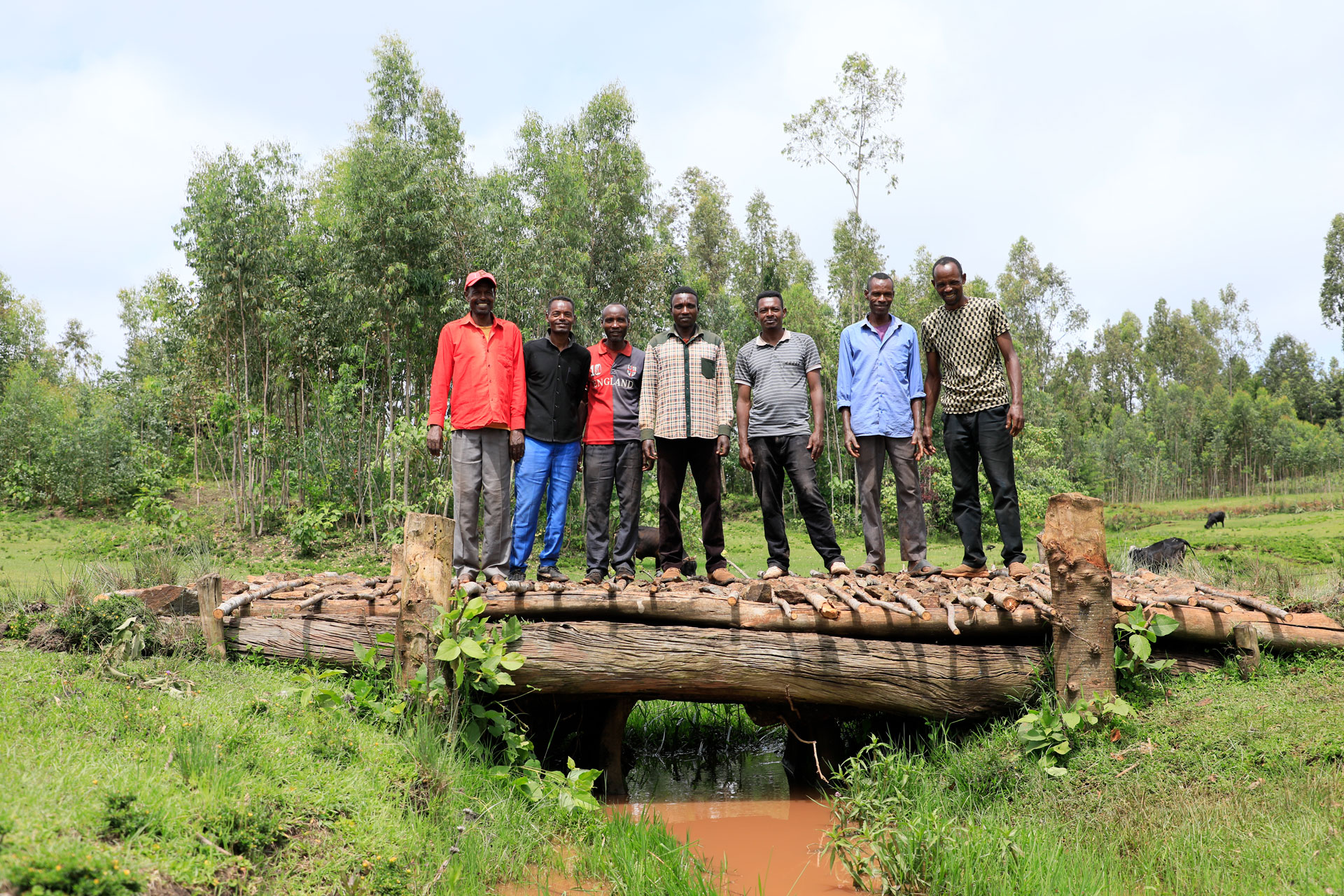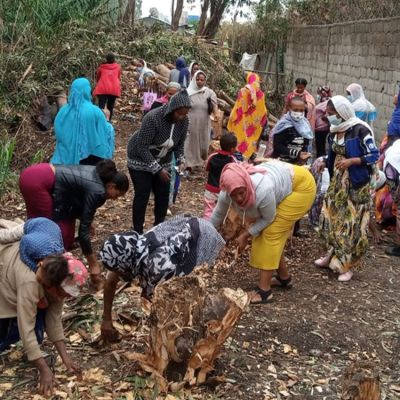Written by Tony Chan (Senior Communications Officer)
The distinct feature that sets CEDAR apart from other poverty alleviation and development organisations is our operating principle of helping the poor, ‘From Church, Through Church’. Here, ‘Church’ refers not to a specific congregation but to the Christian community. In Hong Kong, we encourage the Christian community to participate through donations, prayers, or volunteer services to help transform the lives of the poor. On the frontlines, we implement projects through local churches and Christian organisations in impoverished areas to fulfil the Lord’s will—believers united in social involvement.
The Historical Development of Social Involvement in Hong Kong’s Churches
Promoting social involvement in Hong Kong’s churches is not easy. One factor is the development and theological perspectives of liberal and evangelical branches, which have profoundly impacted Hong Kong’s churches. The rise of liberal theology in the 19th century led liberals to critique the authority of the Bible, leaning more towards philosophical and scientific explanations of religion rather than believing in supernatural phenomena. As a result, they de-emphasised concerns for the afterlife, focusing instead on the present world and social reforms, actively engaging in social affairs.
In contrast, evangelicals emphasised personal spiritual redemption, believing Christians should focus on evangelism and saving souls. Many evangelical churches in the 19th century were deeply dissatisfied with the liberals’ critique of the Bible and their downplaying of spiritual matters. To counter liberalism, evangelicals increasingly stressed spiritual salvation. They held more conservative views on social issues, with some churches even abandoning social involvement work to avoid any impression that they endorsed liberalism.
Since the mid-20th century, liberal influence has waned while evangelicalism has flourished. Although some churches still engage in social involvement work, many have lost balance in their priorities or only dare to link social involvement with the significance of saving souls before promoting it within the church. For example, some Hong Kong churches call social involvement work ‘pre-evangelistic work’, suggesting that while the church’s mission is not social involvement, it creates a favourable impression of the church, leading to the acceptance of the gospel.
In Luke 4, Jesus declares His mission with a passage of scripture: ‘The Spirit of the Lord is on me, because he has anointed me to proclaim good news to the poor. He has sent me to proclaim freedom for the prisoners and recovery of sight for the blind, to set the oppressed free, to proclaim the year of the Lord’s favour.’ Believers should not only interpret descriptions of poverty and captivity as the effects of sin, understanding that Jesus frees people from sin, but also recognise that He helped many in various circumstances. Jesus’ mission was not only spiritual; He also cared for people’s physical needs. The children of the Lord should also comprehensively participate in this mission, sincerely undertaking both the soul-saving focus of the evangelicals and the social action emphasis of the liberals.
In Luke 4, Jesus declares His mission with a passage of scripture:
The Spirit of the Lord is on me, because he has anointed me to proclaim good news to the poor. He has sent me to proclaim freedom for the prisoners and recovery of sight for the blind, to set the oppressed free, to proclaim the year of the Lord’s favour.
Believers should not only interpret descriptions of poverty and captivity as the effects of sin, understanding that Jesus frees people from sin, but also recognise that He helped many in various circumstances. Jesus’ mission was not only spiritual; He also cared for people’s physical needs. The children of the Lord should also comprehensively participate in this mission, sincerely undertaking both the soul-saving focus of the evangelicals and the social action emphasis of the liberals.
After the 19th-century divergence between liberals and evangelicals, there was significant reflection within the international evangelical community regarding social involvement. The Lausanne Conference in 1974 and the Cape Town Conference in 2010 profoundly impacted evangelical attitudes towards social involvement. The ‘Lausanne Covenant’ stressed that the wholeness of the gospel requires Christians to care for both soul salvation and social justice and human welfare. The ‘Cape Town Commitment’ stated that social involvement is a Christian response to the love and justice of God. However, these reflections did not quickly bring widespread influence. Some churches continued to follow past teachings, focusing solely on evangelistic work.
Even though many local believers are unfamiliar with Integral Mission, CEDAR has never given up advocating for Integral Mission over the past thirty years, promoting churches to manifest the goodness of the gospel through social involvement, as this is part of the integral gospel. Besides sharing with different local churches, schools, and organisations over the years, CEDAR has also launched Integral Mission courses in recent years to equip churches with the knowledge and skills needed for community work, hoping that everyone in poverty alleviation work can be ‘loyal in heart and skilful in hands’.

Transformation in Ethiopian Churches
Ethiopia is one of the world’s earliest Christian countries with a long church history, yet poverty alleviation work faces many challenges. Firstly, since the 4th century, the main Christian denomination in Ethiopia has been the Orthodox Church, which focuses more on liturgy and spiritual life. Secondly, since the mid-20th century, Ethiopia has undergone complex political changes, including a period of socialism, which somewhat restricted the church’s role in social affairs. After the mid-20th century, the rapid growth of evangelical churches in Ethiopia also brought new challenges. Hannes Knoetze, a practical theology professor at the University of Pretoria in South Africa, points out that some evangelical churches in Ethiopia have a narrow view of ministry, primarily focusing on congregational matters rather than community involvement, resulting in minimal influence in the community.
To promote Integral Mission among local churches, CEDAR collaborated with the local organisation TDA (Terepeza Development Association) to initiate a ‘Church and Community Mobilisation’ project, urging local churches to extend their outreach beyond their premises and assist impoverished communities. Since the project’s launch in September 2022, we have conducted various vision-sharing and training sessions for over 70 church leaders. Last year, nine local churches, inspired by the project to wholeheartedly embrace community responsibility, embarked on poverty alleviation efforts using their own resources. Through these small-scale pilot projects, they supported 48 impoverished farmers by supplying seeds, school supplies for children, and covering medical expenses for their families. We are grateful to see that their assistance extended beyond their congregations; out of the 48 beneficiaries, 20 were not affiliated with the churches. This demonstrates the transformative impact of Integral Mission in responding compassionately to the needs of their neighbours.

One of these nine churches is called Chare Zamine Kale Hiwot Church (CZKHC). Before participating in our project, CZKHC believed that community construction and repair work were the government’s and relevant institutions’ responsibilities. Hence, even if it were a simple task, the church would not participate; they would rather wait for the government and institutions to solve the problems slowly despite the inconvenience caused. However, through our project, they understood that the church’s mission also includes working with neighbours to build a better environment.
Earlier, a group of CZKHC members noticed that many villagers often had to wade across a stream to reach nearby areas for work, small business, or school, frequently getting injured. During the rainy season, schoolchildren could not cross the stream to attend school due to rising water levels. To avoid crossing the stream, some villagers chose not to leave the village, isolating themselves from other communities. CZKHC members initiated a bridge-building project, mobilising other villagers to participate. Some did carpentry work, while others brought wood to the stream. Together, they built the bridge. In addition to building the bridge, they also took on the responsibility of regular maintenance to ensure villagers could cross the stream safely in the long term.

Although not a large project, this wooden bridge testified to the church’s transformation. The spirit of CEDAR’s ‘Church and Community Mobilisation’ work is not about seeing the needs of poor communities and acting quickly, nor about leaving the local partners to do everything alone. Instead, it is about patiently transmitting the vision and skills, encouraging local believers and communities to participate together. We firmly believe this is the direction and pace of work that pleases the Lord.
CZKHC is just one example. For many years, CEDAR has tirelessly called on believers worldwide to practice Integral Mission. Their work serves as a cloud of witnesses, participating in social involvement to let the world experience the power of the gospel, which is not limited to spiritual abundance but is also manifested in community transformation.
Banner Picture: EGCDWO
ARTICLES OF THIS ISSUE
Written by Tony Chan (Senior Communications Officer) The distinct feature that sets CEDAR apart from other poverty all…
Written by Tsang, Ho-Yin Kenneth (President, Lutheran Theological Seminary) Scriptures reading: 2 Samuel 8:15-18 15 &#…
Written by Clara Chiu (Head of Partnership Development) At the end of 2022, our colleagues visited our partner, Samari…





